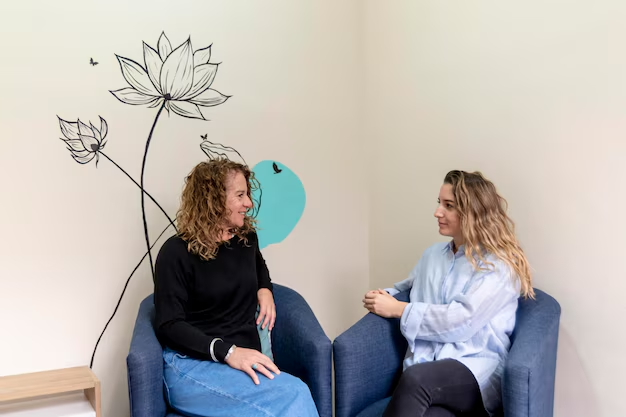How to Become a Psychotherapist: Degrees, Certifications, and Licenses
To embark on a career as a psychotherapist, it's essential to navigate the educational and licensing pathways that lay the foundation for this fulfilling profession. Typically, the journey begins with obtaining a bachelor's degree in psychology or a related field to establish a solid understanding of fundamental psychological principles. This is followed by a master's or doctoral degree—such as a Master's in Social Work (MSW), Counseling (MAC), or Psychology (M.A. or Psy.D.)—which is crucial for gaining in-depth therapeutic skills and clinical practice. Each of these programs offers specialized courses and field training to prepare future therapists for real-world application.
Licensure is the next pivotal step. Graduates must accumulate supervised hours through internships or residencies before they qualify for licensure exams pertinent to their state or country. Professional certifications, while sometimes optional, can enhance credibility and expertise. For instance, becoming a Licensed Professional Counselor (LPC), Licensed Clinical Social Worker (LCSW), or becoming certified by the National Board for Certified Counselors (NBCC) can bolster a practitioner's professional standing. Pursuing these educational paths and credentials is not just a requirement but an enriching step towards making a meaningful impact in mental health.
Pathways to Becoming a Psychotherapist
- 🎓 Bachelor's Degree: Psychology, Sociology, or related fields
- 📚 Master's Degree:
- Social Work (MSW)
- Counseling (MAC or MHC)
- Psychology (M.A. or M.S.)
- 🧑🎓 Doctoral Degree (optional):
- Psychology (Ph.D. or Psy.D.)
- ✅ Licenses and Certifications:
- Licensed Professional Counselor (LPC)
- Licensed Clinical Social Worker (LCSW)
- National Board for Certified Counselors (NBCC) certification
- 🔍 Supervised Clinical Experience: Essential for licensure
Preparing for a career in psychotherapy is a transformative journey—one that equips professionals to offer vital support and foster wellness in diverse communities.
